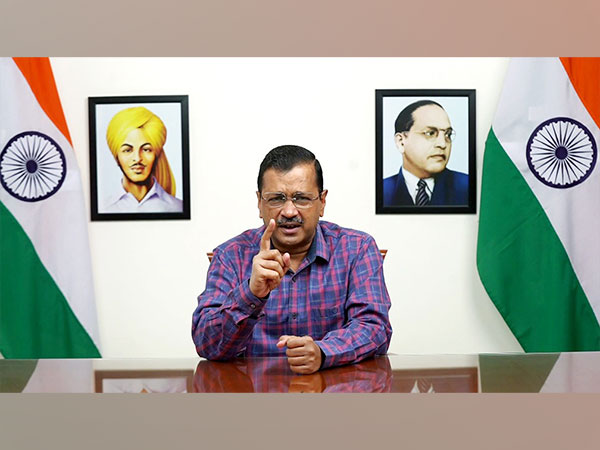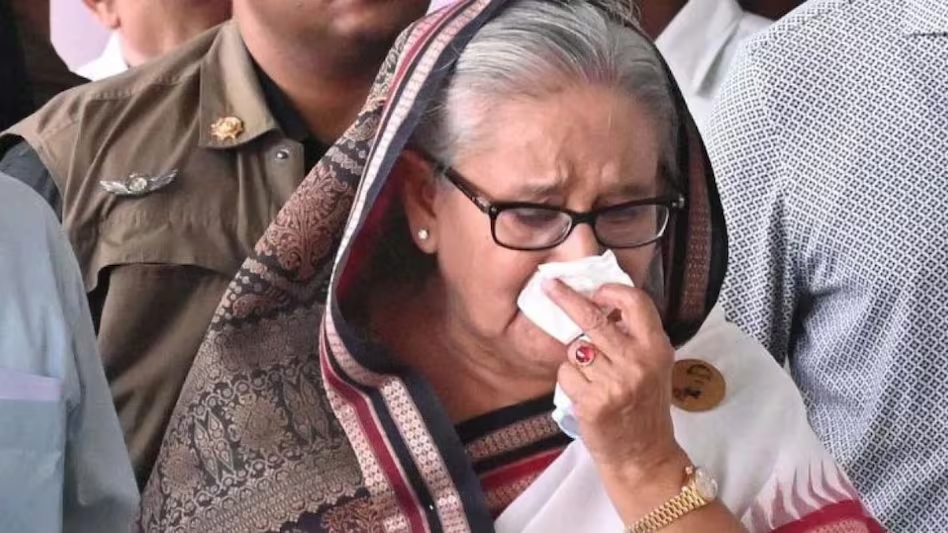Delhi’s Chief Minister, Arvind Kejriwal, has decided not to attend the Enforcement Directorate’s (ED) sixth summons, continuing his streak of non-compliance in the investigation of the Delhi excise policy case. The Aam Aadmi Party (AAP) stands firm, labelling the summons as “illegal” and pointing out that the case is currently under judicial review.
In their latest statement, AAP underlined that the ED itself has sought the court’s intervention. The party argues that the ED should halt its frequent summonses and instead wait for the court to rule on the case’s legality.
Arvind Kejriwal’s Standoff: A Symbol of Defiance or Arrogance?
This ongoing saga between Kejriwal and the ED has intensified, with the agency repeatedly summoning the Chief Minister, who has steadfastly refused to appear. This latest call to appear comes after a Delhi court ordered Kejriwal to justify his non-compliance with the ED’s requests.
Kejriwal’s persistent refusal raises the unprecedented possibility of a sitting chief minister facing arrest. The ED’s investigation focuses on alleged money laundering linked to the Delhi government’s liquor sales policy, accusing it of accepting kickbacks to fund election campaigns in various states, including Goa.
Although Kejriwal himself is not listed as an accused, two prominent AAP figures, former Deputy Chief Minister Manish Sisodia and Rajya Sabha MP Sanjay Singh, have been arrested. AAP vehemently denies the allegations, accusing the BJP of using investigative agencies to politically target the party.
The Tug of War in Indian Politics
In the intricate dance of Indian politics, the lines between governance, law enforcement, and political strategy often blur, creating a spectacle that captivates and divides the nation. At the heart of the latest act are the AAP and the Congress, finding themselves increasingly ensnared in legal and public relations battles against a backdrop of Enforcement Directorate (ED) raids and scam exposures. This narrative is not just a tale of legal inquiries but a reflection of the BJP’s broader strategic playbook aimed at consolidating power and diminishing opposition credibility ahead of crucial electoral battles.
The ED’s investigation into alleged money laundering linked to the Delhi government’s liquor sales policy accuses it of kickbacks intended to fund election campaigns in various states, including Goa. While Kejriwal himself has not been named as an accused, prominent AAP figures such as former Deputy Chief Minister Manish Sisodia and Rajya Sabha MP Sanjay Singh have faced arrests, fueling the narrative of a targeted political witch-hunt.
The Pattern of Targeting: AAP, DMK and Congress in the Crosshairs
AAP’s allegations of BJP manipulating investigative agencies to serve political ends resonate with a larger trend observed across India. The Congress party, too, has found itself in the crosshairs of similar controversies. Leaders and former ministers affiliated with the Congress have been subjected to ED raids and investigations related to corruption and mismanagement, further intensifying the political climate.
BJP’s Anti-Corruption Crusade: Strategy or Political Play?
These actions come at a time when the BJP has been proactively engaging in a narrative of anti-corruption and transparency, positioning itself as a crusader against the malaise that has historically plagued Indian politics. The strategic targeting of opposition leaders with allegations of financial impropriety serves multiple purposes for the BJP. It not only aims to discredit the opposition in the eyes of the public but also seeks to divert attention from its challenges and policy critiques. The timing and nature of these investigations often lead to heated debates about the independence of investigative agencies and the sanctity of India’s democratic institutions.
However, the BJP defends these actions as necessary to uphold the law and ensure accountability, irrespective of political affiliation. The party argues that these investigations have unearthed significant corruption and have been instrumental in bringing the guilty to justice, thereby strengthening democratic governance and transparency.
The political ramifications of these confrontations are significant, especially with India gearing up for future state and national elections. The BJP’s strategy of leveraging legal investigations to unsettle the opposition has been met with mixed reactions from the public. While some laud the efforts to clean up politics, others view it as a dangerous precedent that threatens the impartiality of India’s law enforcement agencies.
In navigating this complex landscape, the AAP and Congress face the challenge of countering these narratives while maintaining their focus on governance and policy issues. The battle is not just in the courts but in the court of public opinion, where perceptions can significantly influence electoral outcomes.
As India stands at a crossroads, the unfolding drama between the BJP, AAP, and Congress underlines the high stakes involved in political power play. The use of ED raids and scam allegations as political tools reflects a broader strategy of electoral dominance, raising critical questions about the balance between accountability and political vendettas in the world’s largest democracy.
Balancing Accountability and Political Fair Play
As the BJP, AAP, and Congress navigate these tumultuous waters, the Indian electorate remains the ultimate arbiter. The coming elections will not only be a referendum on policies and governance but also on the integrity of the political process itself. As the narrative unfolds, the resilience of India’s democratic institutions and the commitment to fair play and justice will be under scrutiny, shaping the future trajectory of the nation’s politics.




